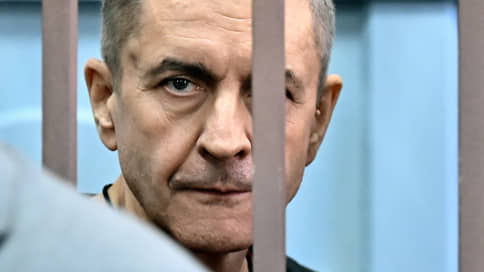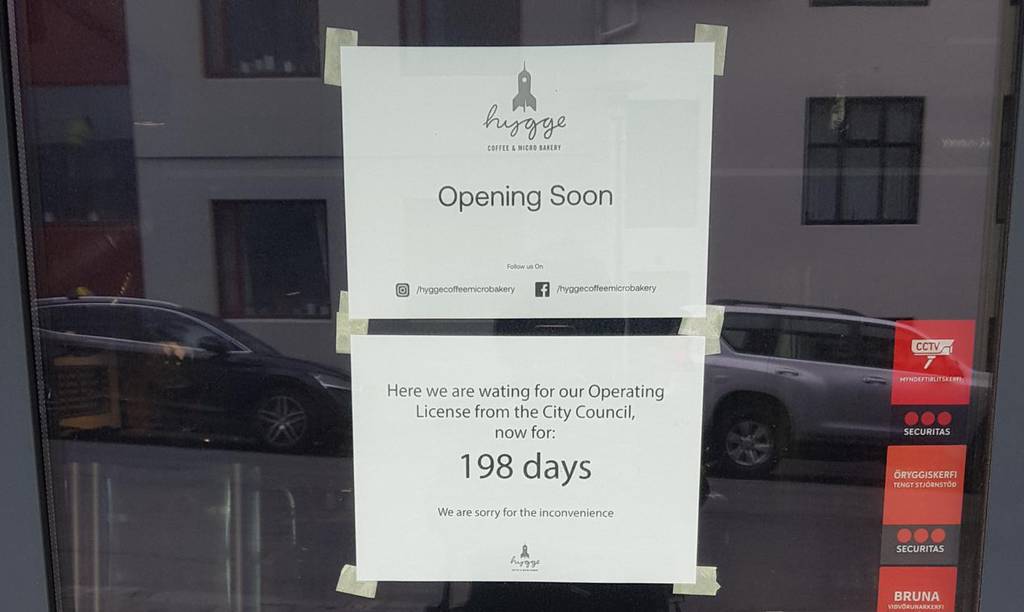How teachers evaluate graduates of employment graduates

More than a quarter of teachers in Russia evaluate the prospects for the employment of their graduates as quite modest, despite the shortage of personnel on the Russian labor market. This can be explained both by the lack of real interaction of educational institutions with employers, and the high ambitions of the graduates themselves.
Even in the context of personnel deficiency in the Russian Federation, more than a quarter of university teachers and colleges, they lowly assess the chances of their graduates for employment, should be “satisfactory chances: what prevents the employment of youth in the conditions of personnel hunger?” Prepared by experts of the RANEPA. It is based on a survey of teachers of the country’s universities (over 19 thousand people). Up to a quarter of all teachers surveyed (24%) believe that their graduates have only “satisfactory” chances of employment, 4% more estimated them as “bad”, while 66% of respondents see them and “good”. The share of optimistic prospects for their students is expected to depend on the direction of training – among teachers of computer and pedagogical areas, engineering and architecture it is higher, 74% of them evaluate the chances of their students as “excellent” and “good”, while teachers of humanitarian and natural sciences, art and culture are laid in the range of 53–61%.
This generally corresponds to market trends-the demand for engineers and IT specialists has been growing for the past few years, including thanks to projects for import substitution and digitalization.
It is interesting that at the same time, teachers are relatively low assessing the likelihood of successful employment of graduates in the field of healthcare (61%), although the personnel deficiency, according to the Ministry of Health, only in the state medical care system is several tens of thousands of people.
The largest share of teachers who believe that students of their educational institution are not facing the problem of employment is observed in the industrial Ural Federal District (71%). The minimum indicators are in the Southern and Far Eastern Federal Districts, where only 60–63% of teachers believe that their students will not experience difficulties in finding work upon graduation.
At the same time, as follows from the latest data from Rosstat, the unemployment rate in the Russian Federation in January of this year was only 2.4%, and less than 0.3 million people were registered in employment services, and only 18.9%were accounted for young people among the unemployed. However, as the partner of the company FutureTodei Denis Kaminsky notes, modest assessments by teachers of students’ prospects can be explained by the requirements of the graduates themselves. “Respondents (both teachers and students) sometimes have overstated expectations regarding the size of the salary or schedule of work and themselves reduce the list of possible job options for themselves,” he says.
The assessments by teachers of students’ employment prospects as a whole correlate with the presence of partnerships with various companies at their university or college.
So, with the answer “yes, the share of the graduate evaluating the chances of finding work reaches 72%, while in the absence of cooperation, the share of optimistically looking at students’ employment is reduced to 29%. 85%of respondents announced the cooperation of their university with potential employers in the survey, more often it is extended in agriculture (94%), engineering (91%), pedagogical and legal sciences (90%each), and less often in humanitarian directions (74%).
Many companies, reacting to difficulties with the involvement of employees, have really expanded their partnerships with various universities in recent years, notes Ilya Ivaninsky, head of the Center for Business Education and Analysts of the Central University, that “many partnerships are formal in nature,” although “you need to get involved in the development and conduct of courses, share research projects with the involvement of students and so on”.







